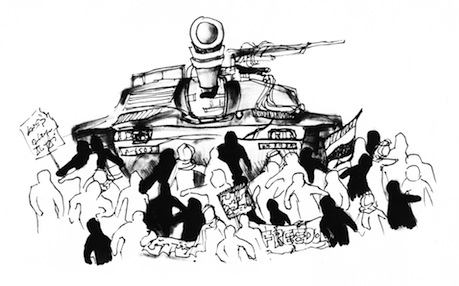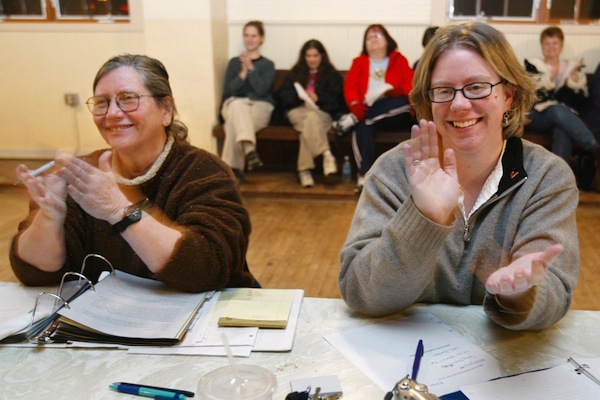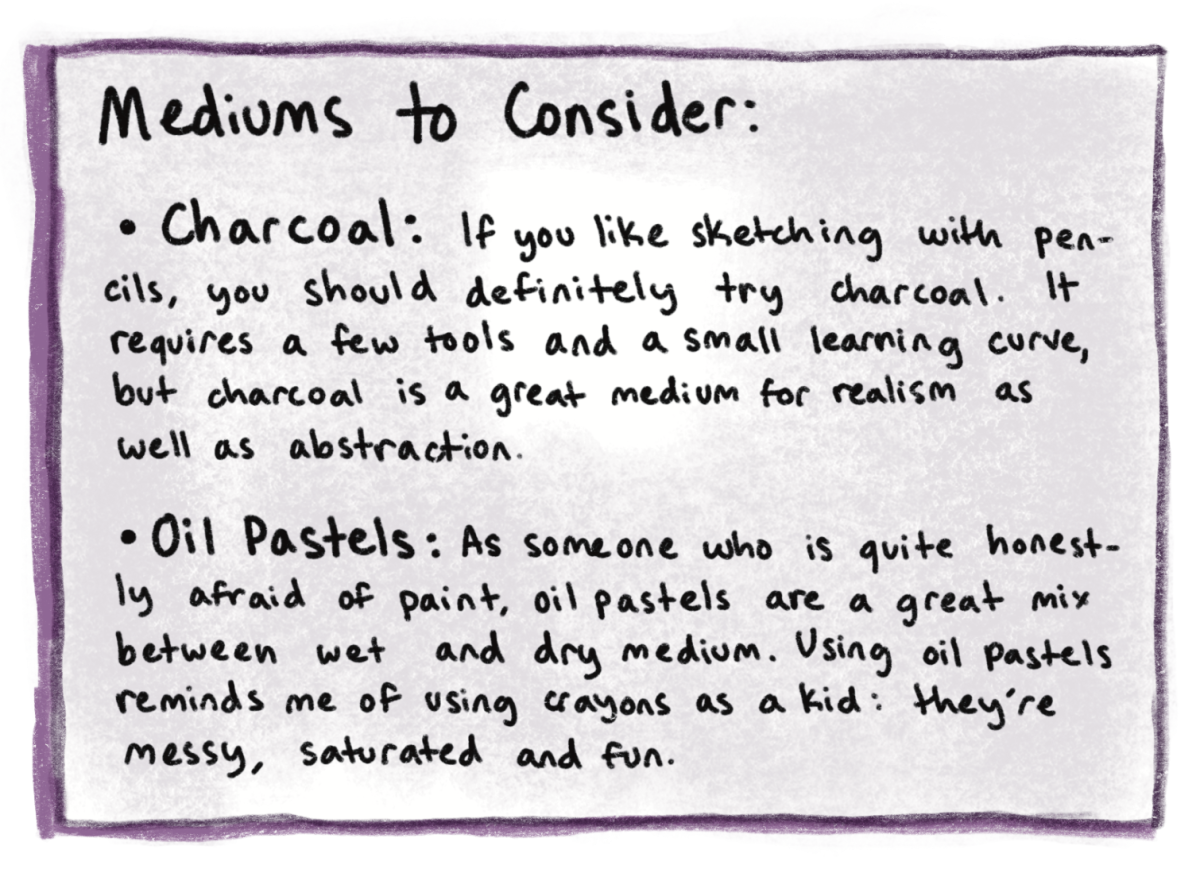Religious tension in Egypt reached its peak Oct. 9 when a Christian protest turned violent, leading the transitional government to deploy troops against protesters.
What began as a peaceful protest against a church attack in downtown Cairo escalated into a riot that caused 24 deaths and over 150 injuries. Muslims in southern Egypt burned down a church based on its alleged lack of proper credentials. In retaliation, Christians organized a demonstration in the Shubra district of Cairo against Egypt’s military leaders. Shortly after the protests began, a group of Islamist assailants began throwing stones and firing pellets at the Christian protesters. The riots eventually reached the state television building, prompting the government to send over 1,000 government security forces and armored vehicles to defend the government-owned studio.
“There are approximately 8.9 million Christians in Egypt, which is about 10% of the population,” Africa United co-sponsor Molly Beck said. “The Coptic Christians have coexisted with the Muslims for over 1,000 years with relatively little tension. However, in recent history, about the past 50 years or so, we see a move toward stronger religious feelings which has made tensions more noticeable.”
The riot marked the worst sectarian revolt in casualties since the overthrow of former leader Hosni Mubarak last February. Many Christians in Egypt hoped for greater religious freedom after Mubarak’s ousting but were disappointed by the military’s tolerance of anti-Christian attacks. The mostly Muslim transitional government usually favors Muslim-friendly policies.
Though Christians and Muslims joined together to overthrow Mubarak, the government continuesto restrict where churches can be built and take other anti-Christian actions. Some believe the limits on religious freedom hinder the progress of the country as a whole, preventing stability and enduring peace.
“These events have taken us back several steps,” Prime Minister Essam Sharaf said, according to the Associated Press Oct. 9. “Instead of moving forward to build a modern state on democratic principles, we are back to seeking stability and searching for hidden hands, domestic and foreign, that meddle with the country’s security and safety.”
Egypt is not the only African country to face sectarian in-fighting. The Ivory Coast, Libya and Nigeria have also experienced battles over religious, ethnic, or political divisions. In cases of religious conflict, the religious groups at war are often Christians and Muslims.
“The continent of Africa has had many conflicts between different religions,” junior Eddie Mungai said. “However, it’s important for religions to be in harmony with each other because it could otherwise damage the country socially, culturally and even economically.”
Many suggest the root of animosity in Egypt is fear among its people. Some radical Muslim forces fear an uprising from the Coptic Christians, while the Christians worry about the increasing ferocity of ultra-conservative Islamist attacks. Egypt’s future may depend upon its people’s ability to coexist despite religious differences.
“Patience is limited and the people [of Egypt] cannot be pressured forever,” sophomore Fady Boules said. “They have to eventually do something about it and if something is bothering them, it will not go away until they use their voice.”
The transitional government that currently holds power has received complaints from both religious groups. Many believe the transitional government must act to find a long term solution to Egypt’s sectarian struggle.
“Egypt is in such a huge period of transition and is facing so many new things that it is hard to pinpoint how this event will affect the future,” Beck said. “However, the transitional government clearly has not pleased the Coptic Christians. Many believe the government has turned a blind eye to violence and acts against them, and in order to unite the country and move forward, the government will have to work with the Coptic Christians and help work through their concerns.” #











